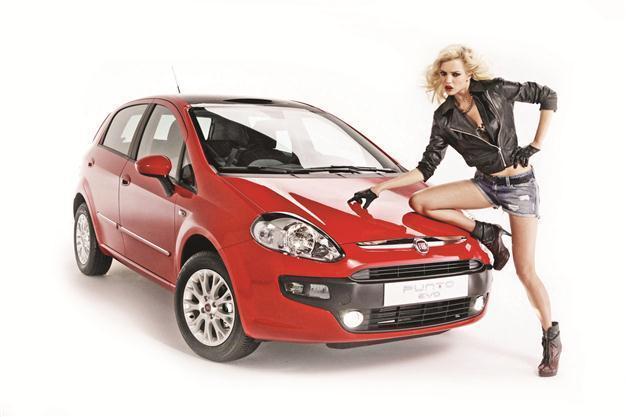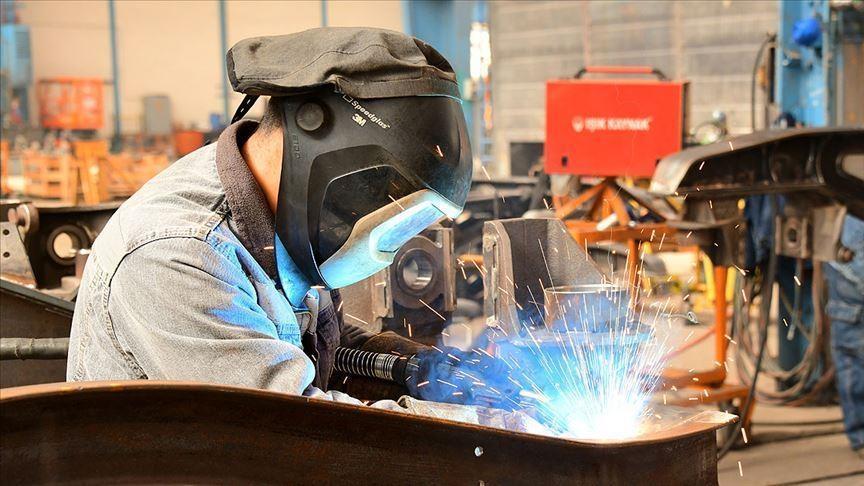Big PR budget required for 'Made in Turkey' car
ISTANBUL - Hürriyet Daily News

A model poses with a Bravo car in Fiat’s 2012 calendar, the carmaker’s traditional PR campaign.
Any “made in Turkey” automobile looking to compete with its rivals in the international arena would need to have a strong brand presence, according to both local and international public relations (PR) experts.Such a desire would also imply that Turkey would need to allocate large resources toward PR and marketing, they said.
“If we put aside Turkey’s impressive accomplishments over the past 10 years, we can’t really say the country’s brand image is that strong,” PR guru Ali Saydam, honorary chairman of Turkey’s Bersay Communications Group, said in a written response to the Hürriyet Daily News.
“Turkey would need to invest a large sum in PR and communications to be able to compete with countries that have a more solid brand image. This is a matter of budgeting,” he said.
Saydam gave the example of Switzerland, which is a relatively small country, but has a very impressive brand presence.
“Switzerland’s brand is so strong that every label that comes out of the country starts with a 1-0 advantage,” Saydam said.
When asked what a domestic automobile would add to the Turkish industrial sector’s international image, Saydam said “Absolutely nothing” but added that a locally produced automobile with a strong international brand presence would be a whole different story.
“Brand management is more about engineering than creativity. Those engineers that are able to make the accurate financial calculations are those that are successful,” he said.
Wally Olins, founder of the internationally reputed Saffron Brand Consultants, which provides brand and corporate identity consultancy services, shared a similar point of view.
“In order to reap the rewards of its economic achievements, Turkey must redefine its brand image,” Olins told daily Hürriyet.
Olins said that despite the fact that Turkey’s industrial sector produces high-quality products, they are sold at cheaper prices in Europe because Turkey does not have an exceptionally strong brand presence.
Dr. Erhan Budak at Sabancı University’s Faculty of Engineering and Natural Sciences believes that even to label the domestic automobile as a completely “Turkish product,” is misleading.
“Nothing today is 100 percent anything. What are important are both the concept and the market the automobile would fill. If this automobile were to be made using 100 percent Turkish parts, it would be a losing proposition from the start,” said Budak.
Budak said it was simply not technically feasible to produce a car made with all local parts. “Just look at Boeing and Honda. They use parts from all kinds of different suppliers,” he said.
For Budak, a “made in Turkey” car would mean that Turkey would importantly receive most of the sales proceeds. Many cars are produced in Turkey, he said, but added that Turkey only received 10 percent of the profits. If Turkey were to receive even 50 percent of the profits, this would be deemed a success.
Despite this, Budak said he believed the domestic automobile project could be successful with the government’s incentive scheme, competitive pricing, the country’s cheaper labor costs vis-à-vis Europe and the resulting psychological support for Tofaş – where the automobile will be produced.
Budak added that he believed Tofaş was hard hit in the 1980s after its models like the Şahin stopped being competitive in comparison to international models.
















